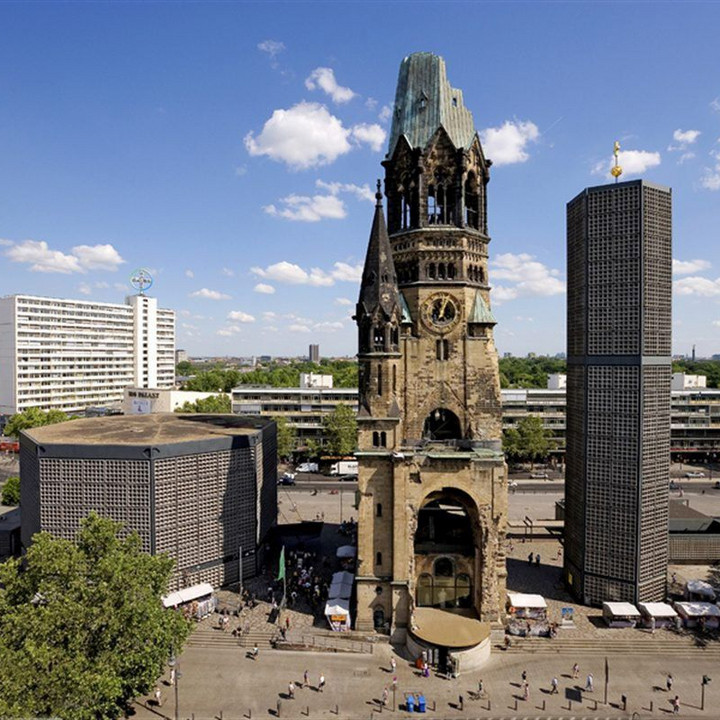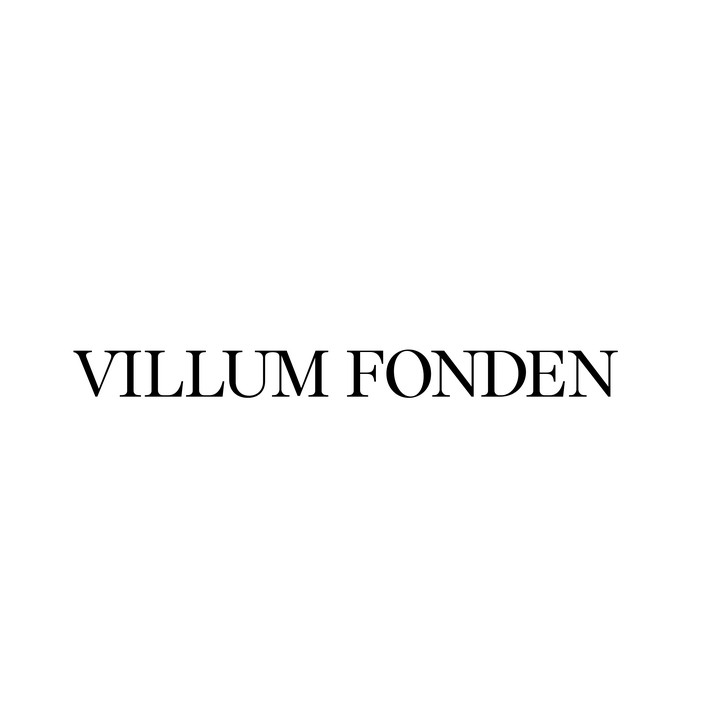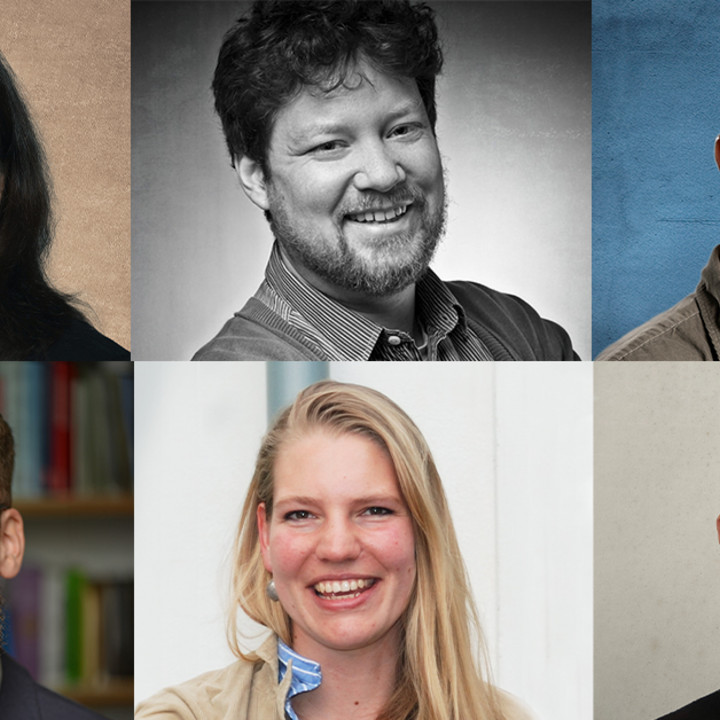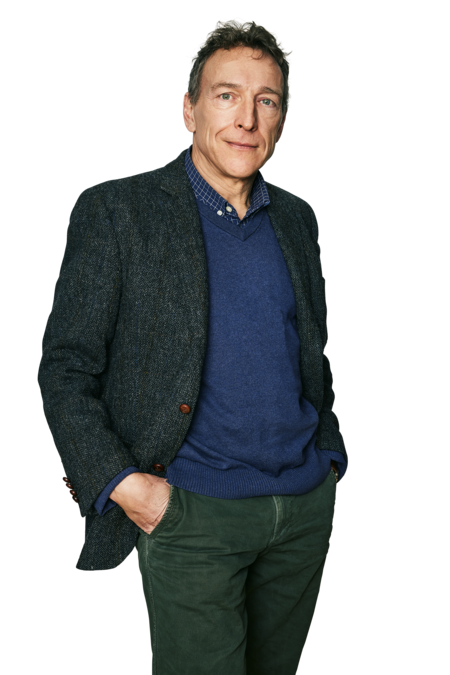Villum Experiment: 51 researchers receive DKK 100 million for research experiments

Focus
The Villum Experiment Programme has been created for research projects in technical and natural sciences that challenge the norm and have the potential fundamentally to change the way we approach important subjects. The applicants are anonymous to the international assessors to increase the focus on the research ideas and to let the researchers think freely.
The grant is of DKK 1-2m and runs for up to two years. The programme is announced annually in open competition with the application deadline in March.
The programme was launched in 2017, and since its inception, 298 grants have been awarded. To assess whether the programme lives up to its founding objectives, the foundation has initiated an evaluation of the programme. The Danish Center for Studies in
Research and Research Policy (CFA) at Aarhus University, which is responsible for the evaluation, expects to be able to publish the results in 2024.
Read more about the Villum Experiment Programme.
Research environments are abound with ingenuity and quirky ideas. The Experiment Programme is the veritable wonderland of curiosity-driven research. In the spring, VILLUM FONDEN again invited technical and natural science researchers of all ages to submit their most daring research ideas which they were passionate about testing at a Danish university. Now 51 researchers will receive grants totalling DKK 100 million.
“The focal point of the Experiment Programme is to give researchers the opportunity to work with the research ideas they themselves are most interested in. These may be projects that challenge recognised research and which do not tick the traditional boxes for research funding. In the programme, we take a new assessment approach in the form of an anonymised selection process and provide high-risk funding for researchers to test new and unconventional ideas. Perhaps there are important breakthroughs waiting to be discovered at the end of what we previously thought was a dead end,” says Thomas Bjørnholm, Executive Chief Scientific Officer, VILLUM FONDEN.
During the selection process, the applicants were anonymised for the assessment panel. The 21 international assessors have thus not had the opportunity to peek at the applicants’ CVs and academic credentials, and have therefore judged the research ideas solely on the basis of whether they challenge the norm and have the potential to change the world and our knowledge of it.
The assessment process
The overall success rate for applicants for this year’s Experiment is 17%. The applications have been assessed by an assessment panel consisting of 21 international external experts divided into four sub-panels: ‘Earth & Space’, ‘Life Science’, ‘Physical Science & Math’ and ‘IT & Engineering’.
Applications are judged on their originality, potential impact, and how they fit into the programme’s intent to promote unconventional ideas.
Each external expert has also had the opportunity to allocate a so-called ‘trump’ to an application to give this application precedence. This is done to challenge the traditional consensus-based selection procedures. See review sheet (PDF).
The 305 applications came from 76 female applicants and 229 male applicants and the overall success rate for applicants is 17% (13% for women and 18% for men).
VILLUM FONDEN received a total of 305 applications from researchers representing as many as 46 different nationalities. The 51 selected projects are wide-ranging in scope. What they have in common is that they challenge established views within their field of research and that they have the potential to fundamentally change the way we approach important topics.
For example, a project will see whether the building blocks of life can arise from the chemical reactions that take place at the bottom of a glacier when the ice masses crush the rock beneath it. Another project will investigate the bacteria that grow on the smallest plastic particles – so-called nanoplastics – which end up in nature when plastic is degraded. Nanoplastics represent a whole new ecological niche where bacteria can acquire new properties that can affect the environment.
A third project asks whether it is possible to develop plants that can grow by absorbing methane instead of CO2 – and thus help to eliminate one of the most problematic greenhouse gases from the atmosphere. The project is led by Associate Professor Henrik Toft Simonsen from DTU Bioengineering:
“The grant means that we can study whether plants can use methane as an alternative carbon source for their growth with the help of minor modification, and whether we can transfer this to e.g. algae for the production of different ingredients. Methane is usually absorbed by bacteria in oxygen-poor places, but here we will try to assign a new property to plants. Methane is a very potent greenhouse gas, and it would therefore be interesting if plants could use methane just as they use CO2,” explains Henrik Toft Simonsen.
(Click on the university names to see the researchers and their projects.)
Casper Steinmann, Associate Professor: Designing Molecules for ease of Chemical Synthesis, DKK 1,9 million.
Hongbo Zhao, Postdoc: Magncitor: Using the Magnetic Material with High Relative Permittivity for Capacitors to More Efficiently Store Energy, DKK 2 million.
Julian Rodriguez Algaba, Assistant Professor: Challenging the dogma of host specialization in rust fungi by exploiting their sexual phase, DKK 2 million.
Michal Budzik, Associate Professor: Rupture of architected materials, DKK 1,9 million.
Aurelien Dantan, Associate Professor: Nanoguitars under pressure, DKK 2 million.
Mingdong Dong, Professor: Microsecond Fluidic Force-Spectroscopy for Single-Cell Virology (S-Viro), DKK 2 million.
Charles Lesher, Professor: Laboratory simulation of extrasolar lava worlds, DKK 2 million.
Ugo Marzocchi, Assistant Professor: Influence of electric fields on the movement of ions in aquatic sediments (e-Move), DKK 2 million.
Gabriel Antonio Minero, Postdoc: Coil’n’Roll – Secret Life of Circular DNA in biofilms, DKK 2 million.
Matteo Pezzulla, Assistant Professor: Smart fluidic channels, DKK 1,9 million.
Georgios Pothoulakis, Assistant Professor: Programmable nuclear organization using RNA kissing loops, DKK 2 million.
Tobias Weidner, Associate Professor: Taking clues from rock and trash to prevent marine biofouling, DKK 2 million.
Xiao Chen, Associate Professor: A pioneering experiment to discover unknown failure mechanisms of future offshore wind turbine blades (DiscoverBlaDE), DKK 2 million.
Vedrana Andersen Dahl, Associate Professor: STUDIOS: Segmenting Tomograms Using Different Interpretation of Simplicity, DKK 2 million.
Theodor Secanell Holstad, Postdoc: Capturing lightning in solid-state materials, DKK 1,5 million.
Chanju Kim, Postdoc: A new class of microcomb: orbital angular momentum frequency comb, DKK 2 million.
Georgios Kontogeorgis, Professor: Is water a two-state liquid ?, DKK 1,8 million.
Zhenyun Lan, PhD: Dynamic Twistronic Materials (TWIST), DKK 2 million.
Nolan Lassaline, Postdoc: Quantum soap bubbles in graphene, DKK 2 million.
Sebastian Nikitas Politis, Researcher: Advancing tagging technology to discover the European eel spawning area (TAG-EEL), DKK 2 million.
Konstantinos Poulios, Associate Professor: Pneumatic Endomechanics Beyond Human Intuition, DKK 1,9 million.
Søren Raza, Associate Professor: Materials discovery for optical metasurfaces, DKK 2 million.
Kirk M. Scanlan, Postdoc: Leveraging Mars for Earth Climate Change Projections, DKK 1,8 million.
Xiaodong Shi, Postdoc: Etchless Silicon Carbide Quantum Chips, DKK 2 million.
Piotr de Silva, Associate Professor: Organic solar fuel photocatalysts with unusual electronic structure, DKK 2 million.
Henrik Toft Simonsen, Associate Professor: The methane consuming plant, DKK 2 million.
Tian Wang, Postdoc: Soil remediation by salinity waves, DKK 1,9 million.
Tianbo Yu, Senior Researcher: DanGOM: Design a new generation of metals for efficient recycling, DKK 2 million.
Kaibo Zheng, Senior Researcher: Engineering of covalent organic framework based hybrid photocatalysts for efficient CO2 to fuel conversion, DKK 2 million.
Mie Andreasen, Researcher: VIRG: Vegetation interception of rainfall using nature’s gamma radiation, DKK 2 million.
Ostaizka Aizpurua, Assistant Professor: EvoChip: pioneering comparative evolutionary biology using organ-on-a-chip models, DKK 2 million.
Simon Bressendorff, Academic Research Staff: CryRNA: a new class of cryptic, genic nuclear RNA, DKK 1,9 million.
Kristian Frandsen, Postdoc: Cellulose synthase in its native environment – CESANE, DKK 2 million.
Thomas Hamelryck, Associate Professor: Predicting protein structure, mutations and dynamics with deep generative models, DKK 1,8 million.
Kasper Heintz, Assistant Professor: The Binocular Large Area Survey Telescope, DKK 1,5 million.
Henrik Kjærgaard, Professor: New Chemistry by Glaciers, DKK 2 million.
Henrik Lütken, Associate Professor: A 10 million year story of the rhizobacterium and the plant – did the bacterium make the plant drought tolerant?, DKK 2 million.
Morten Meldal, Professor: Microzymes: Synthetic, atactic D-L-microprotein enzymes, DKK 2 million.
Maria Mosshammer, Postdoc: Imaging of temperature distributions over flow-exposed aquatic surfaces, DKK 2 million.
C.S. Neethu, PhD: Nanoplastic corona: An unknown, emerging cradle of bacterial evolution, DKK 2 million.
Niels Obers, Professor: Exploring the wonderland of Carrollian physics: Extreme gravity, spacetime horizons and supersonic fluids, DKK 2 million.
Stefano Paesani, Postdoc: Perpetual Light, DKK 1,9 million.
Benjamin Hanson Schantz-Conlon, PhD: coNtrolling interactiOns betWeen fungus-insect muTualists (NOWT), DKK 2 million.
Hasti Seifi, Assistant Professor: Haptic Captioning - Using Natural Language Models to Design Haptic Experiences, DKK 2 million.
Tanvi Taparia, Postdoc: Microbes and their sinister social lives. DKK 2 million.
Hans Thordal-Christensen, Professor: Disarming the Intruder: Microbial Interference with Fungal Pathogens to Promote Plant Immunity, DKK 2 million.
Saulius Vaitiekenas, Assistant Professor: Bosonic fractional quantum Hall effect in pattered hybrid lattices, DKK 2 million.
Katrine Worsaae, Associate Professor: Unravelling the genome of one of the smallest and rarest animal phyla - Micrognathozoa, DKK 2 million.
Till Leissner, Associate Professor: Superradiant single quantum emitters (SuperQE), DKK 2 million.
Chao Meng, Postdoc: Tunable vortex lasers triggered by dynamic metasurfaces, DKK 2 million.
Horst-Günter Rubahn, Professor: Perovskite solar cell stabilization via tuned ion and charge transport kinetics at new metal oxide/perovskite interfaces, DKK 2 million.




